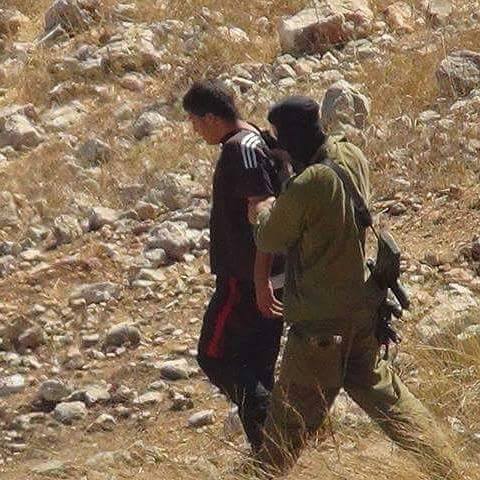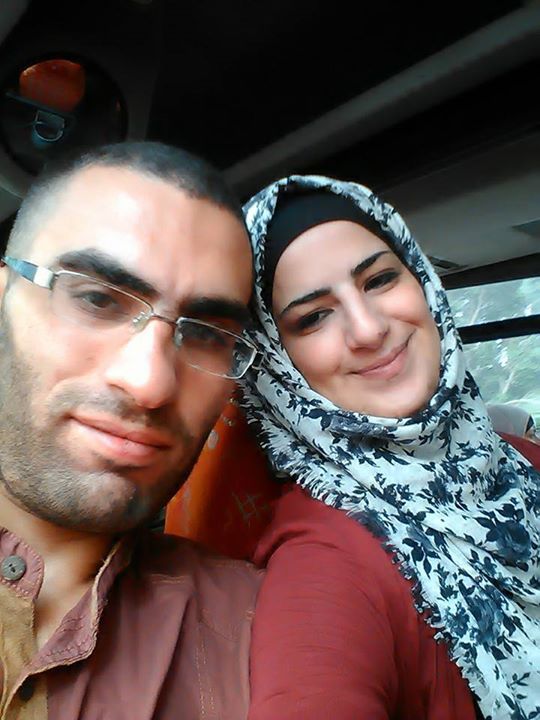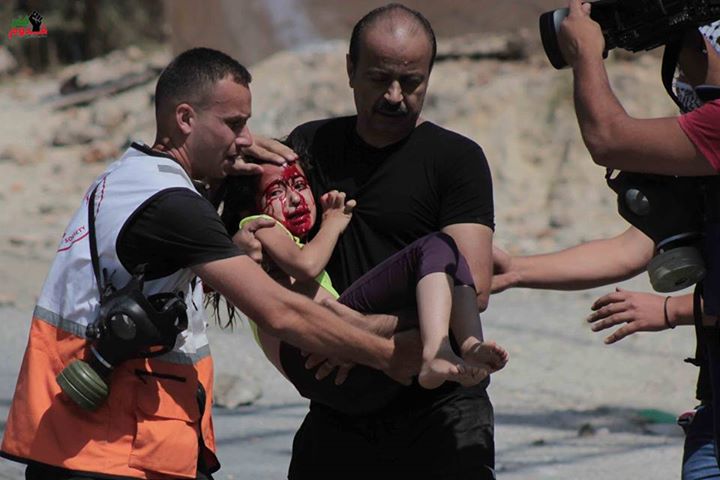Tag: Demonstration
-

Double standards, one rule for all – except Palestinians
27th September 2015 | International Solidarity Movement, Al-Khalil team | Nabi Saleh, occupied Palestine On the 28th of August, Mahmoud Tamimi was arrested in Nabi Saleh during the weekly non violent demonstration. Every Friday, just after the prayer, the residents demonstrate against the expansion of the illegal settlement of Halamish which has continuously confiscated Palestinian…
-

Free Mahmoud Abujoad!
26th September 2015 | International Solidarity Movement, Al-Khalil team | Jordan Valley, occupied Palestine Palestinian human rights activist and community supporter, Mahmoud Abujoad, has been detained by the Israeli authorities under false allegations. He and his family urgently need our support to help get him released at his court hearing this Tuesday, September 29th at…
-

Father and 3-year old daughter shot in the head by Israeli forces in Kafr Qaddum
25th September 2015 | International Solidarity Movement, Al-Khalil team | Kafr Qaddum, occupied Palestine Palestinians in the village Kafr Qaddum in the occupied West Bank endured an hours-long siege by Israeli forces earlier while demonstrating against occupation, ending in a 3 year old Palestinian girl and daughter of Nablus police chief, Colonel Abd al-Latif al-Qaddumi…
